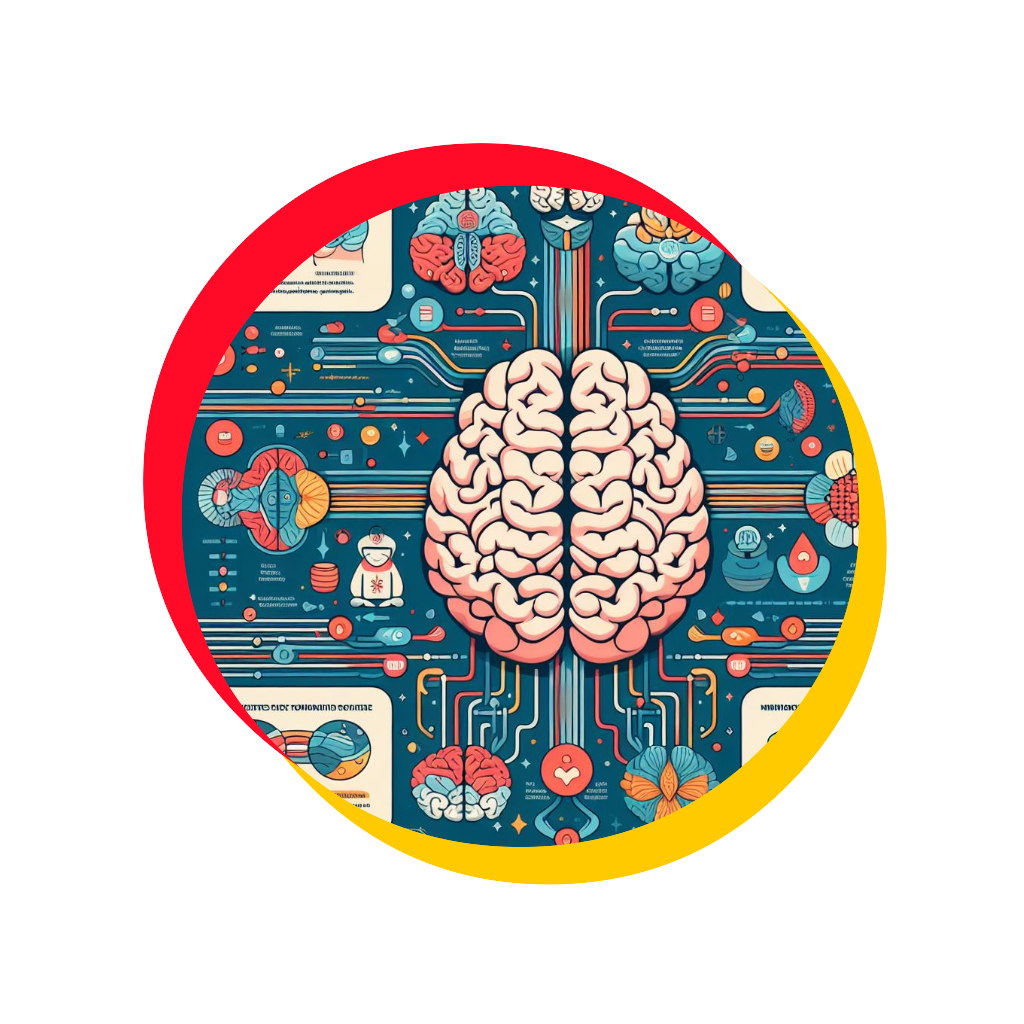In today’s fast-paced world, meals often become a rushed affair, eaten on the go or while multitasking. However, this mindless approach to eating can lead to unhealthy relationships with food, overeating, and even digestive issues. Enter mindful eating, a practice that encourages slowing down, focusing on the present moment, and truly connecting with your food.
What is Mindful Eating?
Mindful eating is not about strict diets or depriving yourself. Instead, it’s about consciously cultivating awareness throughout the entire eating experience. It involves:
- Paying attention to your body’s hunger and fullness cues: Learn to recognize the subtle signals your body sends, such as stomach growls for hunger and feeling pleasantly satisfied after eating, instead of relying solely on external cues like the clock or empty plates.
- Engaging all your senses: Notice the colors, aromas, textures, and flavors of your food. Savor each bite and appreciate the experience of eating.
- Eating slowly and without distractions: Put away your phone, turn off the TV, and avoid multitasking while eating. Focus on the act of eating and enjoy the full experience.
- Non-judgmental awareness: Acknowledge your thoughts and feelings surrounding food without judgment. If negative thoughts arise, simply observe them and let them go without dwelling on them.
Benefits of Mindful Eating:
By cultivating mindful eating practices, you can reap a multitude of benefits:
- Improved physical health: Mindful eating can help you make healthier food choices, control portion sizes, and avoid emotional eating, potentially contributing to weight management and overall well-being.
- Enhanced enjoyment of food: By slowing down and paying attention, you can appreciate the taste, texture, and aroma of your food more, making the eating experience more enjoyable and satisfying.
- Reduced stress and anxiety: Mindful eating can help you manage stress and anxiety by bringing your attention to the present moment and promoting a sense of calm and awareness.
- Improved digestion: Eating slowly and paying attention to your body’s signals can aid digestion and prevent discomfort.
- Strengthened connection with your body: Mindful eating fosters a deeper understanding of your body’s hunger and fullness cues, empowering you to make informed and intuitive food choices.
Becoming More Mindful at Mealtimes:
Integrating mindful eating practices into your daily routine doesn’t have to be complicated. Here are some tips to get started:
- Start small: Begin with just one meal per day and gradually incorporate mindfulness into other meals as you feel comfortable.
- Take a few deep breaths: Before you even reach for your food, take a few deep breaths to center yourself and bring your awareness to the present moment.
- Appreciate your food: Consider the journey your food took to reach your plate, and express gratitude for the nourishment it provides.
- Engage your senses: Savor the sight, smell, texture, and taste of each bite. Chew slowly and allow yourself to fully experience the flavors.
- Put down your utensils: Between bites, put down your utensils to avoid mindless eating and check in with your body’s hunger cues.
- Mindful distractions: If distractions arise, acknowledge them without judgment and gently redirect your attention back to your food and the present moment.
Remember: Cultivating mindful eating is a journey, not a destination. There will be challenges along the way, but with consistent practice, you can develop a healthier relationship with food, enhance your well-being, and truly savor every bite.









